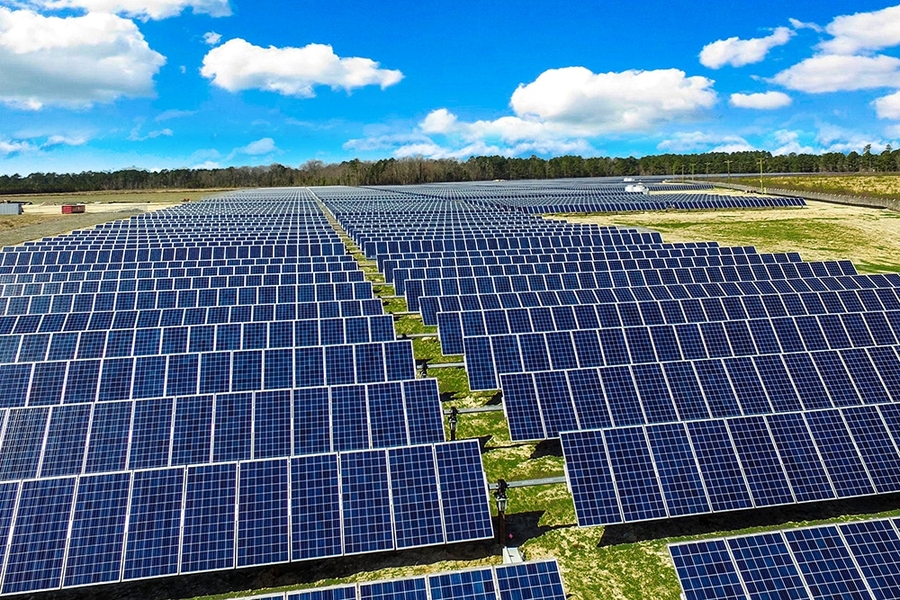BUSINESS &ECOMONY

NIGERIA NOW AFRICA’S 2ND-LARGEST SOLAR IMPORTER AS DIESEL COSTS SOAR
Nigeria has officially become Africa’s second-largest importer of solar panels, trailing only South Africa, as more households and businesses turn to renewable energy to escape crippling fuel costs and unreliable power supply.
According to new data from Ember, an international energy think tank, Nigeria imported 1,721 megawatts (MW) worth of solar panels between July 2024 and June 2025—overtaking Egypt and marking a huge leap in solar adoption. Across Africa, solar imports jumped by 60% year-on-year, reaching a record 15,032 MW.
The shift is being driven by soaring costs of petrol and diesel, coupled with persistent electricity shortages. In Nigeria, where diesel prices have skyrocketed by nearly 400%, the financial case for solar has become impossible to ignore. For instance, a single 420-watt solar panel costing about $60 can generate 550 kilowatt-hours (kWh) in a year, while the same amount spent on diesel would produce only half as much electricity. That means Nigerians can recoup the cost of a panel in just six months.
South Africa remains the top solar importer, spurred by its 2023 power crisis, while Algeria (1,199 MW) climbed into third place. Other countries like Zambia, Botswana, and Sudan saw explosive growth in solar uptake, with smaller nations including Liberia, Benin, Angola, and Ethiopia also more than tripling their imports.
The report notes that most of these panels will directly replace diesel generators, which dominate Africa’s off-grid power landscape. Nigeria alone has an estimated 28 GW of generator capacity, far outstripping its on-grid capacity.
Importantly, nearly all of Africa’s solar panels are sourced from China, which produces about 80% of the world’s supply. Falling global panel prices—driven by Chinese overproduction—have made solar increasingly affordable for developing economies like Nigeria.
With over 600 million Africans still lacking access to electricity, the rise in solar adoption signals more than just savings on fuel—it represents a pathway to cleaner, cheaper, and more reliable power for homes, schools, hospitals, and businesses across the continent.
"This represents a significant development in our ongoing coverage of current events."— Editorial Board









